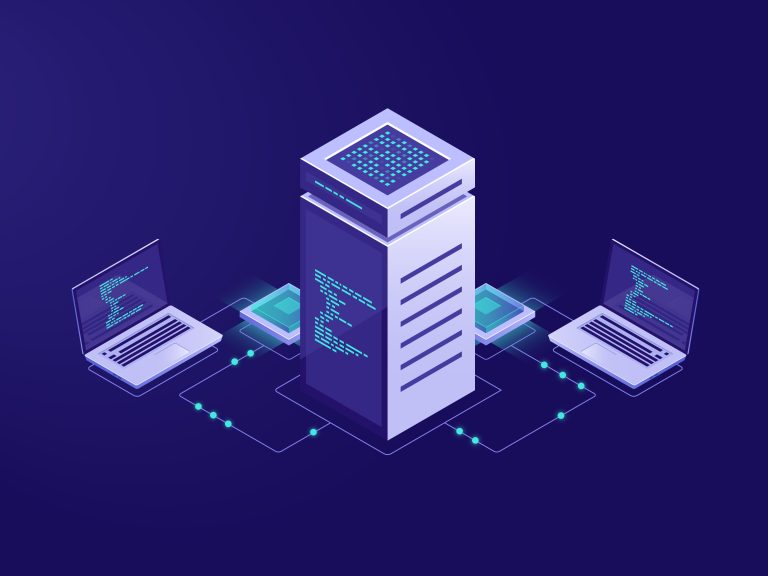A Linux dedicated server offers high performance, security, and flexibility, making it the preferred choice for businesses and developers. However, choosing the right server can be challenging with so many options available. Here are six key tips to help you select the best Linux dedicated server for your needs.
1. Define Your Requirements:
Before choosing a Linux dedicated server, assess your business needs. Determine whether you need a server for hosting websites, databases, or applications. Consider the processing power and RAM required for your workloads. Decide whether you need SSD or HDD storage. Understanding your technical and operational requirements will help narrow down the best server specifications.
2. Choose the Right Hardware Specifications:
Performance depends heavily on hardware. Consider the following when selecting your Linux dedicated server. Choose a high-performance processor like Intel Xeon or AMD EPYC for heavy workloads. Ensure you have sufficient RAM to handle concurrent processes efficiently. Opt for SSDs over HDDs for better speed and reliability. Higher bandwidth will ensure smooth data transfer for websites and applications.
3. Evaluate Server Uptime and Reliability:
Downtime can be costly for businesses. Ensure your hosting provider offers a 99.9 percent uptime guarantee or higher. Redundant network connections help prevent failures. Regular hardware maintenance and monitoring also contribute to reliability. Consistent uptime ensures smooth business operations and a better user experience.
4. Check Security Features:
Security is a critical factor when selecting a Linux dedicated server. Look for DDoS protection to shield your server from malicious attacks. A firewall and intrusion detection system help prevent unauthorized access. Regular backups protect data in case of failures or cyber threats. SSL certificates ensure encrypted data transmission for security compliance.
5. Look for Scalable Solutions:
As your business grows, your server should be able to handle increased workloads. Choose a provider that offers easy hardware upgrades, such as additional RAM, CPU, and storage. Flexible hosting plans allow you to scale up resources based on your evolving needs.
6. Assess Customer Support and Management Services:
A reliable customer support team is essential when dealing with server issues. Choose a hosting provider that offers 24/7 support via live chat, email, or phone. Managed services can be beneficial if you need assistance with server maintenance, software updates, and security patches.
Why Choose PheonixSolutions?
PheonixSolutions provides high-performance Linux dedicated servers tailored to your business needs. With expertise in server management, security, and scalability, we ensure seamless performance and reliability.
- Optimized server configurations to match your workload requirements
- Secure infrastructure with DDoS protection, firewall, and automated backups
- High uptime guarantee with proactive monitoring and maintenance
- Scalable hosting solutions that grow with your business
- Expert technical support to assist with deployment, security, and performance tuning
With PheonixSolutions, you get a reliable, secure, and efficient Linux dedicated server designed to handle high workloads and deliver top performance.
Conclusion:
Selecting the best Linux dedicated server requires careful consideration of your technical requirements, hardware specifications, uptime reliability, security features, scalability, and customer support. By evaluating these factors and choosing a trusted provider like PheonixSolutions, you can ensure a powerful, secure, and future-ready server for your business needs.




